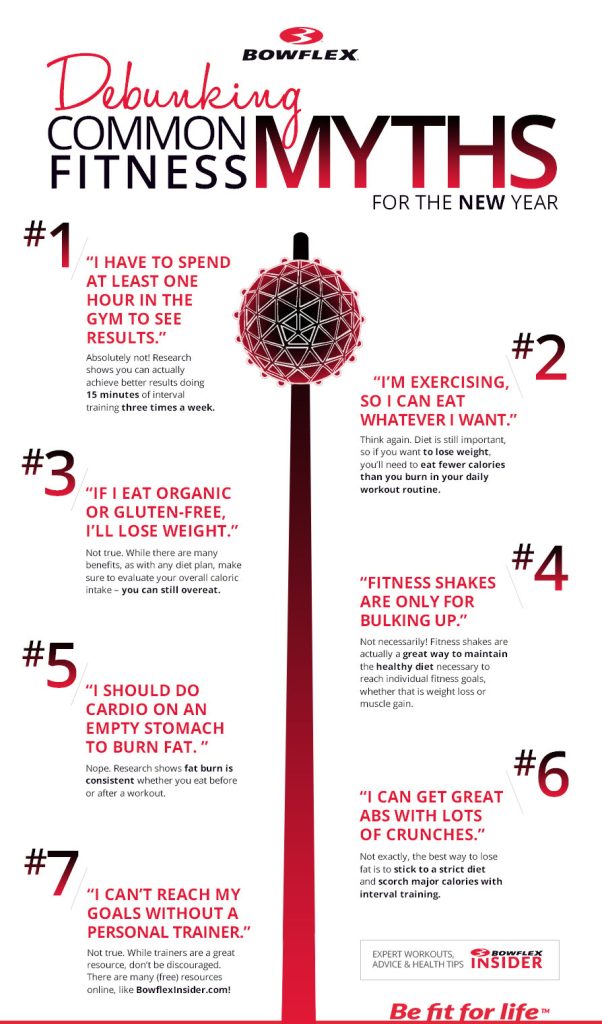
Debunking common anti-aging myths is essential for adopting a realistic and effective approach to healthy aging. The beauty industry often presents unrealistic expectations about reversing the aging process and promising quick fixes, leading to confusion and wasted resources for consumers. This article aims to separate fact from fiction, exploring the scientific truth behind anti-aging measures and providing actionable insights for achieving a healthy and graceful aging process. This comprehensive guide will debunk common myths, highlight evidence-based strategies, and outline a realistic path towards well-being, whatever your age. We’ll delve into skincare, nutrition, lifestyle choices, and more. Get ready to gain a clearer understanding!
The Illusion of Eternal Youth: Unpacking Anti-Aging Myths
Misconceptions and Their Origins
The pursuit of eternal youth has captivated humans for centuries, leading to a proliferation of myths and misconceptions surrounding the aging process. From miracle creams to radical interventions, the market is flooded with promises of stopping or reversing time. Unfortunately, many of these claims lack scientific backing. These myths, often fueled by marketing strategies and societal pressures, can lead to disappointment, financial burden, and potentially even harmful practices.
Common Misconceptions and Why They Exist
Many anti-aging claims originate from a combination of wishful thinking, lack of scientific rigor, and clever marketing strategies. The desire to look younger and maintain vitality is understandable; however, it is important to approach these solutions with a critical eye and a focus on evidence-based strategies. A significant misconception is the idea that expensive products or treatments can magically halt or reverse the aging process.
The Science of Aging: Unveiling the Truth
The Biological Processes
Understanding the science behind aging is crucial for dispelling myths and adopting effective strategies. Cellular damage, oxidative stress, and hormonal changes play vital roles in the aging process. This knowledge helps understand the limitations of many anti-aging products and treatments.
Debunking Common Anti-Aging Remedies
Miracle Products and Treatments
Many anti-aging products, including creams, serums, and supplements, often promise dramatic results without solid scientific evidence. Often, the claims are unsubstantiated, and their effectiveness is questionable. Be wary of extravagant claims and prioritize products supported by research. For example, some products claim to stimulate collagen production or reduce wrinkles, but these claims require rigorous testing to verify effectiveness.
Related Post : are anti aging creams a waste of money
The Importance of Lifestyle Choices
Dietary Habits and Physical Activity
A balanced diet rich in fruits, vegetables, and antioxidants supports cellular health. Regular physical activity promotes healthy aging through increased blood circulation, muscle strength, and improved hormonal balance. Avoiding processed foods, sugary drinks, and excessive alcohol consumption plays a vital role in combating premature aging. The link between a healthy lifestyle and reducing the effects of aging has been widely documented in many studies.
Skincare Routines and Maintaining Healthy Skin
Routine Practices
Maintaining a consistent skincare routine is crucial for healthy skin. Implementing sun protection measures, including sunscreen application and protective clothing, is essential in reducing sun damage. Sun damage is one of the leading causes of skin aging and can lead to wrinkles, age spots, and an increased risk of skin cancer.
Addressing Stress and Mental Well-being
The impact of stress
Chronic stress negatively impacts the aging process. Chronic stress can contribute to premature aging by increasing the release of cortisol, a hormone that can damage collagen and accelerate the skin aging process. Practicing mindfulness techniques, such as meditation or yoga, can help manage stress levels. Stress management is a significant component of a holistic approach to anti-aging.
The Role of Sleep and Hydration
Maintaining Sleep Patterns
Adequate sleep supports cellular repair and rejuvenation. Lack of sleep can lead to premature aging. Aim for 7-9 hours of quality sleep each night. Hydration also plays a vital role in maintaining healthy skin and overall well-being, promoting elasticity and moisture content. Consistent hydration is crucial.
Seeking Professional Guidance
Consulting Healthcare Experts
Consulting with healthcare professionals is always recommended when considering anti-aging strategies, especially those who have underlying conditions. They can provide personalized recommendations, considering individual needs and health conditions. This personalized advice is often tailored to each person’s specific requirements, health status, and concerns, ensuring safer and more effective strategies for anti-aging.
The Importance of Realistic Expectations
Gradual Change
It’s essential to remember that the aging process is natural and inevitable. Focus on strategies that support a healthy lifestyle, instead of aiming for unrealistic results. Adopting a positive attitude towards aging and embracing the changes associated with it is crucial. Gradual change is important, not radical transformations.
Frequently Asked Questions
What are the most common anti-aging myths?
Numerous myths surround the topic of anti-aging. Some common myths include the promise of miracle creams instantly reversing the aging process, the effectiveness of treatments without sufficient scientific backing, and the idea that aging is solely determined by genetics. Often, societal pressures and marketing strategies contribute to the propagation of these misconceptions.
How can I identify trustworthy information about anti-aging strategies?
Identifying credible resources about anti-aging strategies is essential for making informed decisions. Look for reputable sources such as peer-reviewed scientific journals, medical institutions, and healthcare professionals. Be wary of overly sensationalized claims and focus on evidence-based research and practices.
In conclusion, debunking anti-aging myths is crucial for making informed decisions about health and well-being. By understanding the science behind aging and dispelling common misconceptions, you can adopt a holistic approach to healthy aging and potentially increase your longevity and well-being. Prioritize a healthy diet, regular exercise, and stress management. Remember, consistency is key to long-term success. Consult with a healthcare professional to discuss personalized strategies for maintaining your health and wellness, especially if you have specific concerns or underlying conditions. Learn more about anti-aging strategies by visiting [website link].